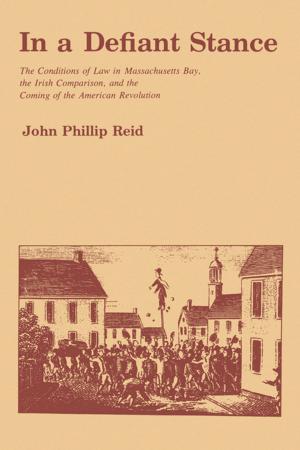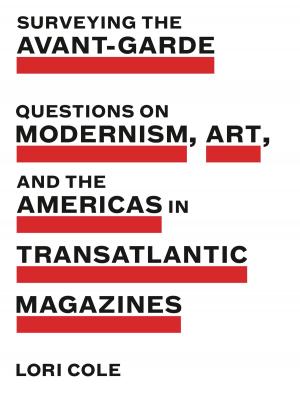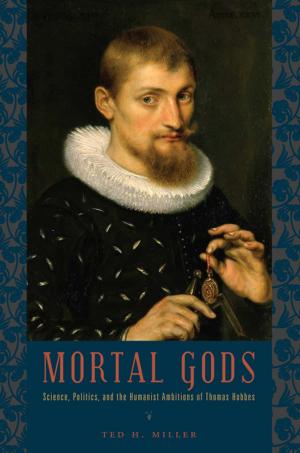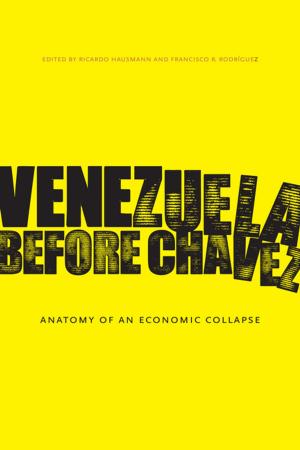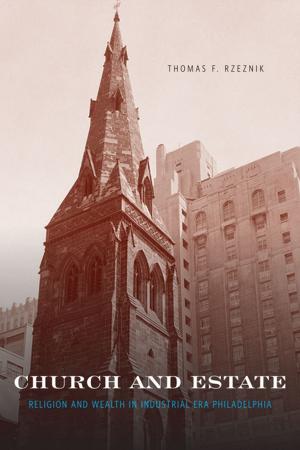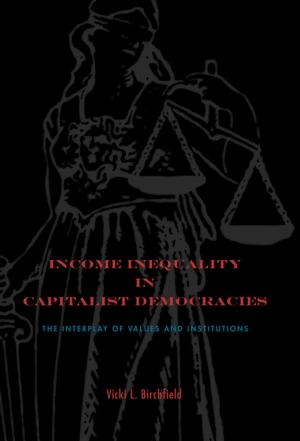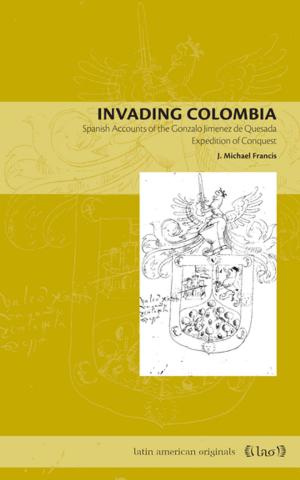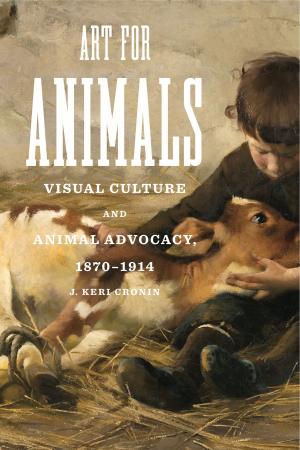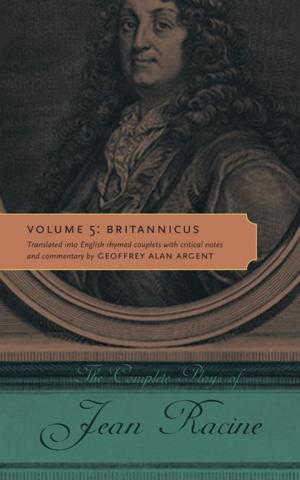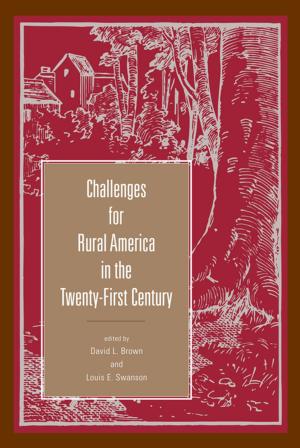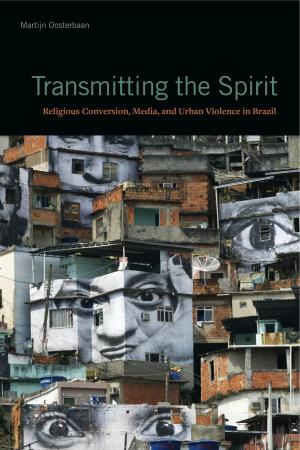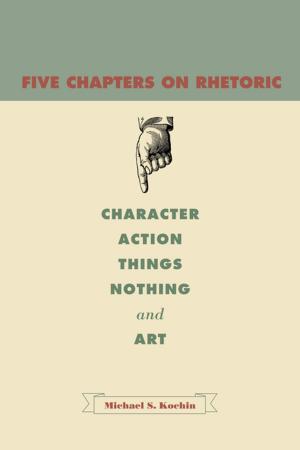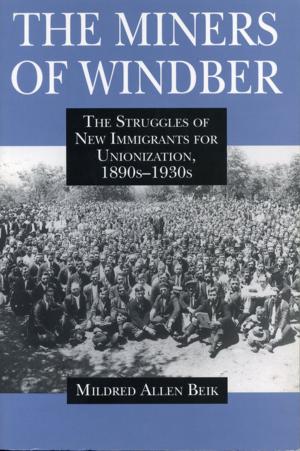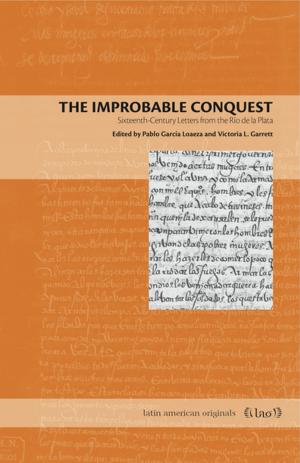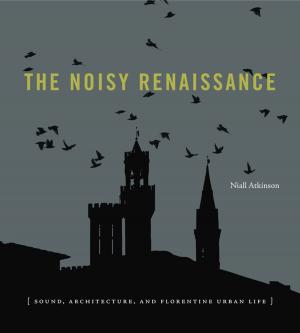The Impossible Craft
Literary Biography
Fiction & Literature, Literary Theory & Criticism, American, Nonfiction, Reference & Language, Language Arts, Writing & Publishing, Authorship, History, Americas, United States, 20th Century| Author: | Scott Donaldson | ISBN: | 9780271067056 |
| Publisher: | Penn State University Press | Publication: | March 24, 2015 |
| Imprint: | Penn State University Press | Language: | English |
| Author: | Scott Donaldson |
| ISBN: | 9780271067056 |
| Publisher: | Penn State University Press |
| Publication: | March 24, 2015 |
| Imprint: | Penn State University Press |
| Language: | English |
In The Impossible Craft, Scott Donaldson explores the rocky territory of literary biography, the most difficult that biographers try to navigate. Writers are accustomed to controlling the narrative, and notoriously opposed to allowing intruders on their turf. They make bonfires of their papers, encourage others to destroy correspondence, write their own autobiographies, and appoint family or friends to protect their reputations as official biographers. Thomas Hardy went so far as to compose his own life story to be published after his death, while falsely assigning authorship to his widow. After a brief background sketch of the history of biography from Greco-Roman times to the present, Donaldson recounts his experiences in writing biographies of a broad range of twentieth-century American writers: Ernest Hemingway, F. Scott Fitzgerald, John Cheever, Archibald MacLeish, Edwin Arlington Robinson, Winfield Townley Scott, and Charlie Fenton.
Donaldson provides readers with a highly readable insiders’ introduction to literary biography. He suggests how to conduct interviews, and what not to do during the process. He offers sound advice about how closely biographers should identify with their subjects. He examines the ethical obligations of the biographer, who must aim for the truth without unduly or unnecessarily causing discomfort or worse to survivors. He shows us why and how misinformation comes into existence and tends to persist over time. He describes “the mythical ideal biographer,” an imaginary creature of universal intelligence and myriad talents beyond the reach of any single human being. And he suggests how its very impossibility makes the goal of writing a biography that captures the personality of an author a challenge well worth pursuing.
In The Impossible Craft, Scott Donaldson explores the rocky territory of literary biography, the most difficult that biographers try to navigate. Writers are accustomed to controlling the narrative, and notoriously opposed to allowing intruders on their turf. They make bonfires of their papers, encourage others to destroy correspondence, write their own autobiographies, and appoint family or friends to protect their reputations as official biographers. Thomas Hardy went so far as to compose his own life story to be published after his death, while falsely assigning authorship to his widow. After a brief background sketch of the history of biography from Greco-Roman times to the present, Donaldson recounts his experiences in writing biographies of a broad range of twentieth-century American writers: Ernest Hemingway, F. Scott Fitzgerald, John Cheever, Archibald MacLeish, Edwin Arlington Robinson, Winfield Townley Scott, and Charlie Fenton.
Donaldson provides readers with a highly readable insiders’ introduction to literary biography. He suggests how to conduct interviews, and what not to do during the process. He offers sound advice about how closely biographers should identify with their subjects. He examines the ethical obligations of the biographer, who must aim for the truth without unduly or unnecessarily causing discomfort or worse to survivors. He shows us why and how misinformation comes into existence and tends to persist over time. He describes “the mythical ideal biographer,” an imaginary creature of universal intelligence and myriad talents beyond the reach of any single human being. And he suggests how its very impossibility makes the goal of writing a biography that captures the personality of an author a challenge well worth pursuing.

